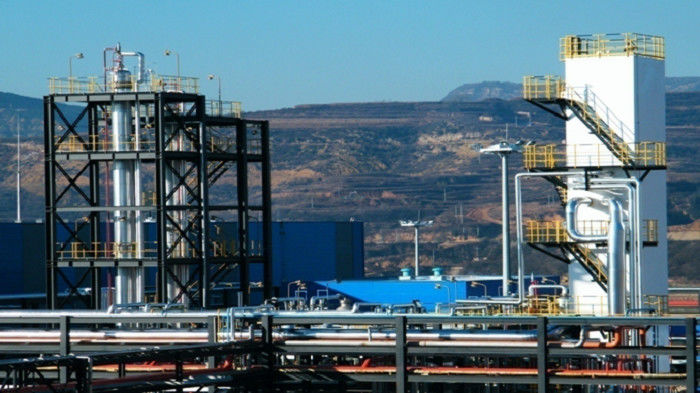- Your cart is empty
- Continue Shopping

Vandalism threatens Nigeria LNG’s N727bn dividends in 2025
The Nigeria LNG Limited (NLNG) has announced that only two of its six trains are currently operational, thanks to the activities of pipeline vandals.
The development is a threat to the nation’s revenue streams and Nigeria LNG’s N727 billion dividends.
Philip Mshelbila, managing director of Nigeria LNG, lamented the impact of the attacks, which have severely disrupted gas supply and crippled production.
According to Mshelbila, the Nigeria LNG, which plays a critical role in Nigeria’s economy and global energy market, has been forced to operate at a fraction of its capacity.
The company relies on a network of pipelines to transport natural gas from upstream suppliers to its Bonny Island facility.
However, frequent attacks on these pipelines have led to a drastic reduction in gas supply, having left four of the company’s six trains idle.
“In the current moment, I am only running two trains out of six. Three of our gas supply pipelines are down for repairs due to illegal connections by thieves. These are critical lines—GTS 1, GTS 2, and GTS 4—that supply the energy required for our operations,” Mshelbila said at a panel session during Nigeria International Energy Summit on Wednesday in Abuja.
Mshelbila expressed deep concern over the situation, stating that the vandalism not only undermines Nigeria’s reputation as a reliable LNG supplier but also results in significant revenue losses for the country.
“Since the Russian war, I have been approached by dozens of European and other countries for LNG but we have been unable to supply because of this. You see what is happening with Qatar and the US. We can’t compete,” Mshelbila said.
The Nigeria LNG, which accounts for about 7 percent of global LNG supply, has been a major contributor to Nigeria’s economy, generating billions of dollars in revenue annually.
Experts have warned that the persistent attacks on Nigeria LNG’s gas supply pipelines could jeopardise its projected dividends of N727 billion to the Nigerian government by 2025, a 113 percent growth from N346 billion last year.
source: businessday.ng
